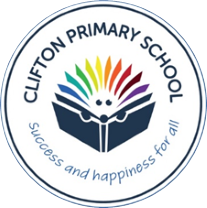E-Safety
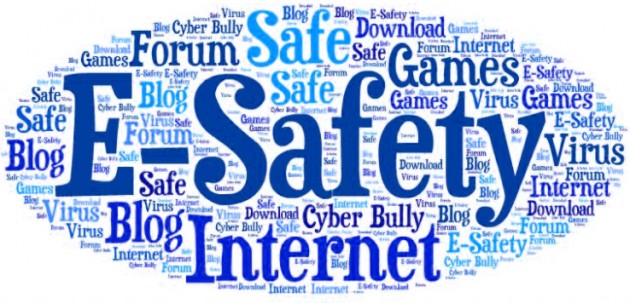
E-safety is an integral part of children’s education in today’s digital world and is embedded in their learning at school. We also want to help our parents and children improve their own understanding of e-safety issues so they can learn to use the internet and all digital media in a safe and secure way.

You can access the DofE online parents support website called Parent Info here
At school, we constantly reinforce the SMART rules for staying safe online:
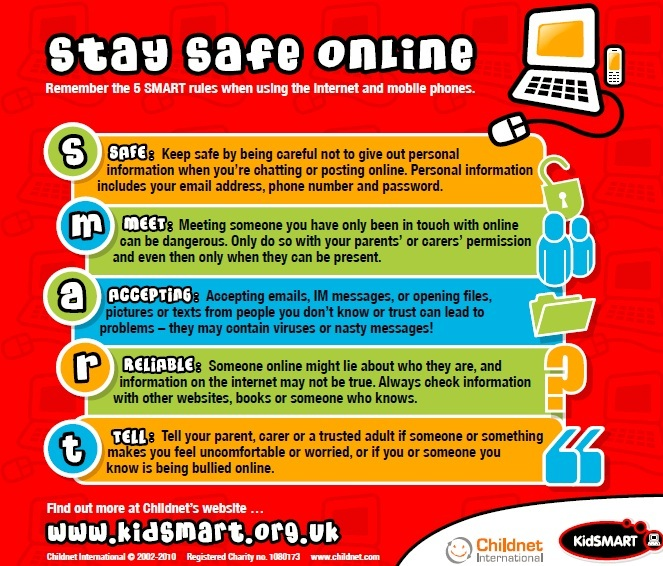
At Home
As a parent you’ll know how important the internet is to children – they use it to learn, play, socialise and express themselves. It’s a highly creative place of amazing opportunities. But the technology children use every day can seem a bit daunting and you might worry about the risks your child can face online – such as bullying, contact from strangers or the possibility of them seeing illegal or inappropriate content.
See internet-safety-for-parents and keeping-young-children-safe-online a raft of information and the SMART rules.
These guides are useful for age appropriate advice:
Internet-matters-parent-Age-Guides-0-5
Internet-matters-Parent-Age-Guides-6-10
You can download a simple checklist ‘e-safety-parent-checklist’ that may help you start to protect your children online and decrease the risks they face. Or you can engage with your children regarding their use of the internet while at home. Here are some conversation starter ideas from www.childnet.com
- Ask your children to tell you about the sites they like to visit and what they enjoy doing online.
- Ask them about how they stay safe online. What tips do they have for you, and where did they learn them? What is OK and not OK to share?
- Ask them if they know where to go for help, where to find the safety advice, privacy settings and how to report or block on the services they use.
- Encourage them to help. Perhaps they can show you how to do something better online or they might have a friend who would benefit from their help and support.
- Think about how you use the internet as a family. What could you do to get more out of the internet together and further enjoy your lives online.
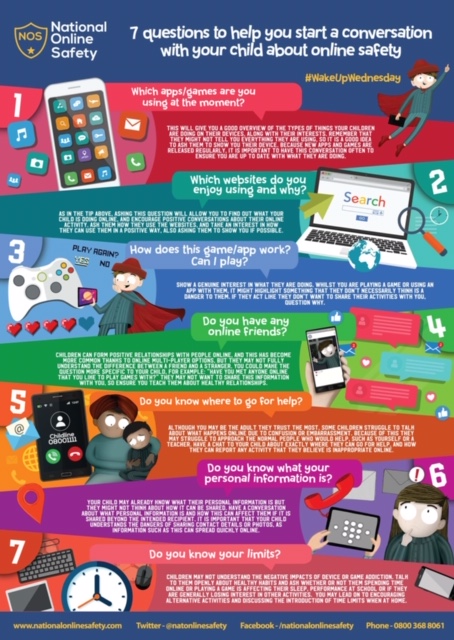
Parent Resources
To try and help parents with the fast moving and changing world of internet and social media we’ve suggested a few internet sites and found lots of useful e-safety information regarding social media and popular websites which are fantastic resources, They contain information on different types of social media and how to help keep children safe.
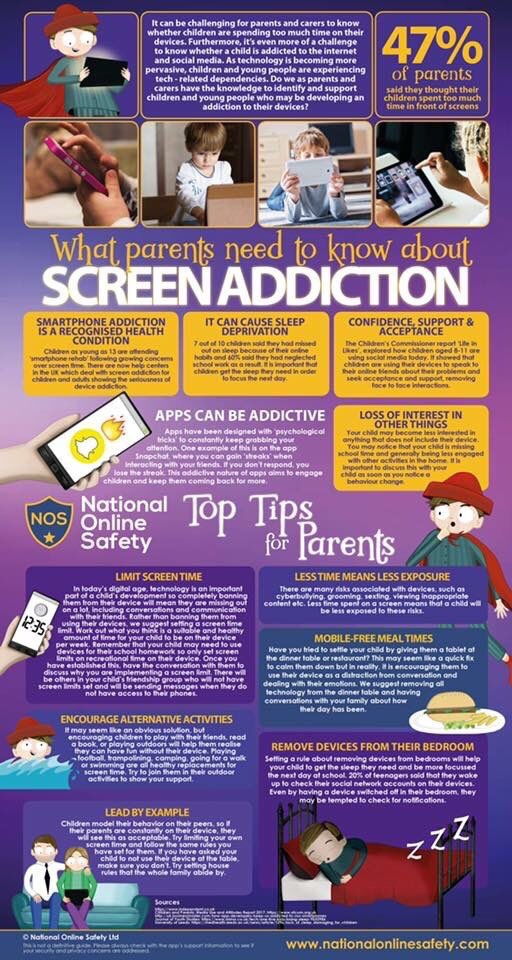
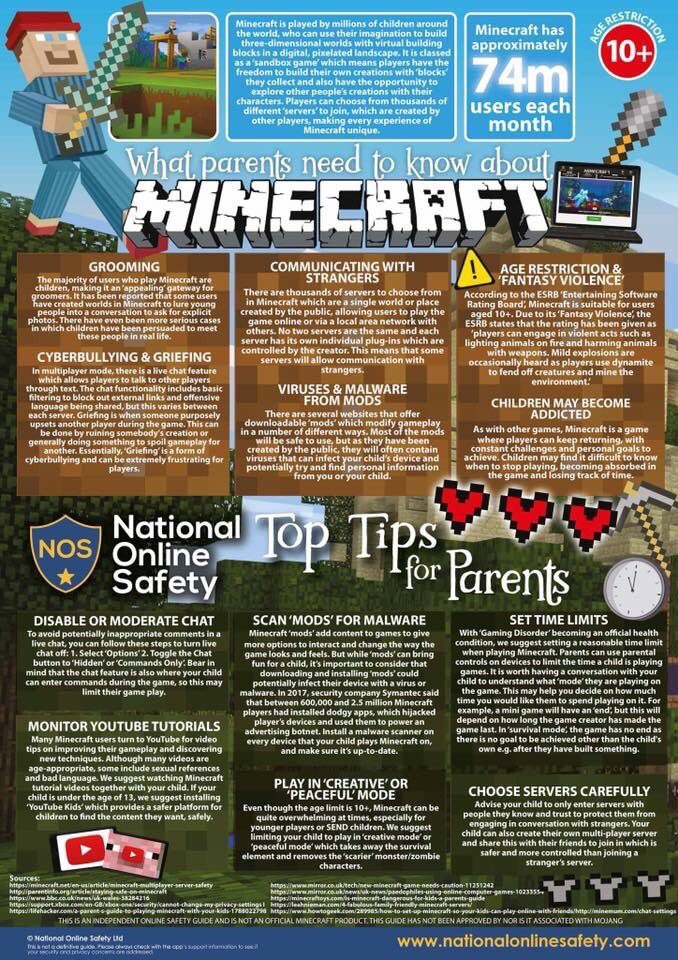
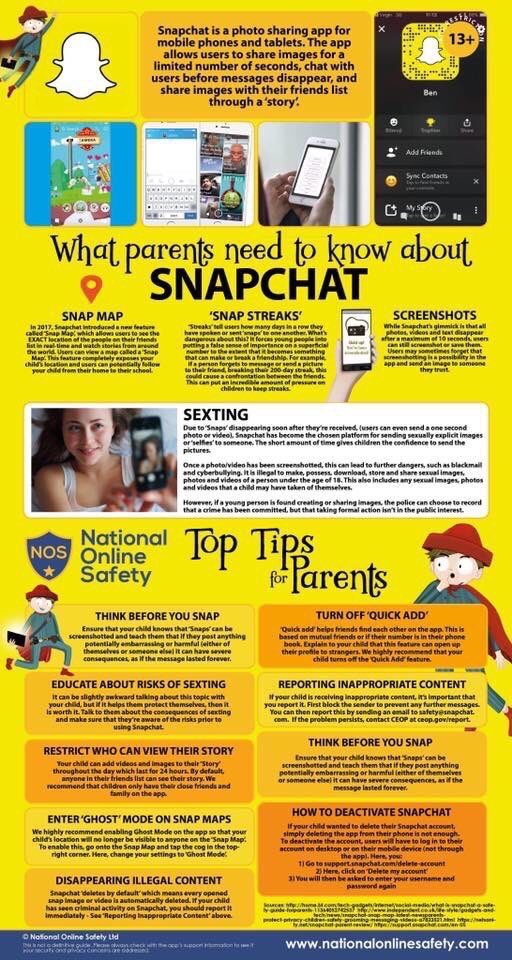
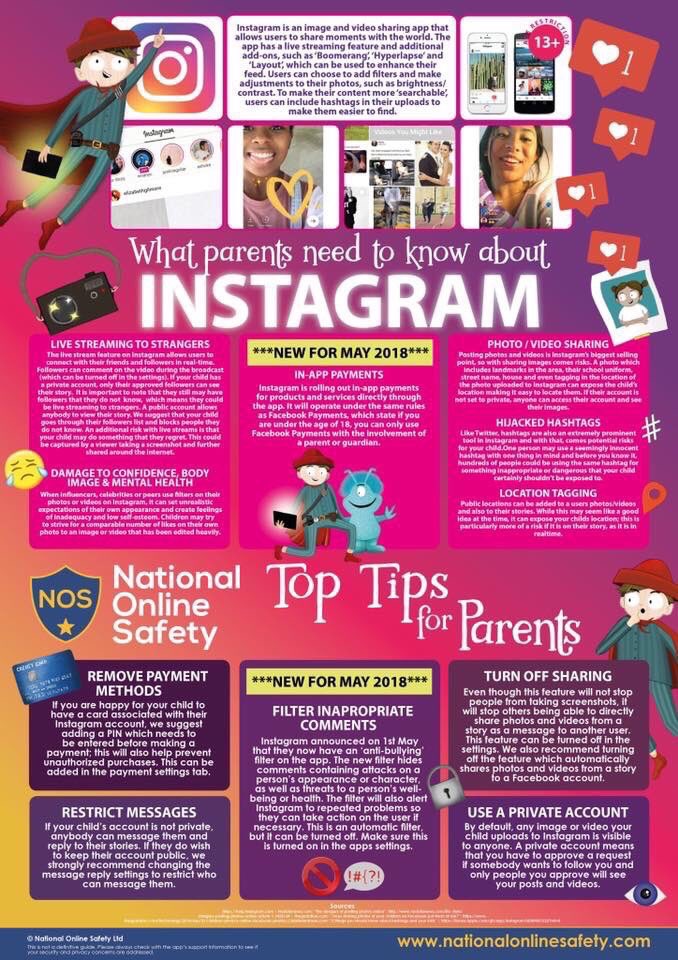
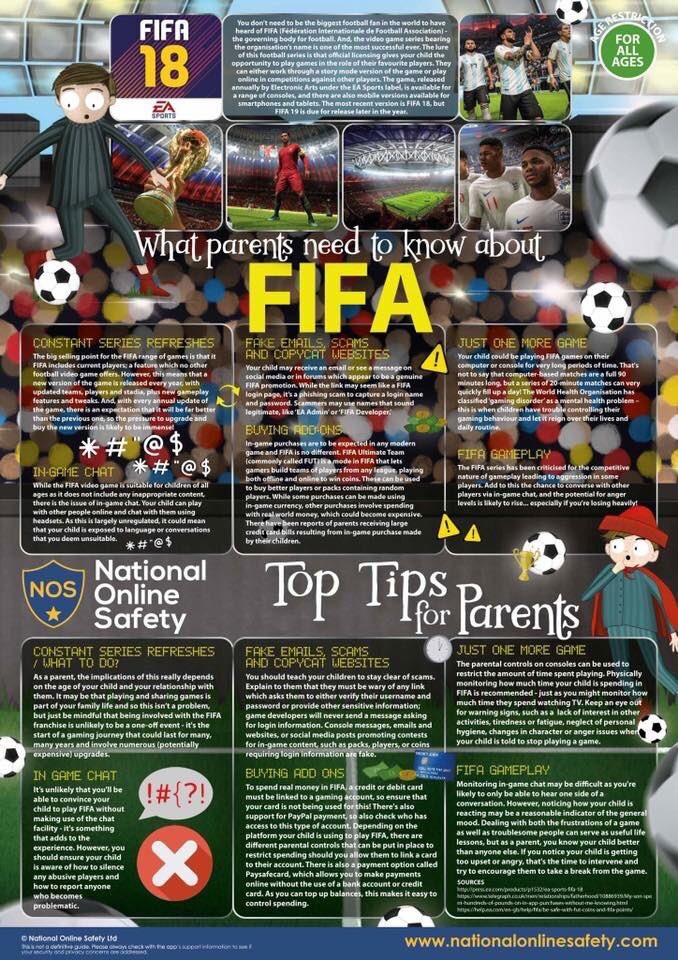
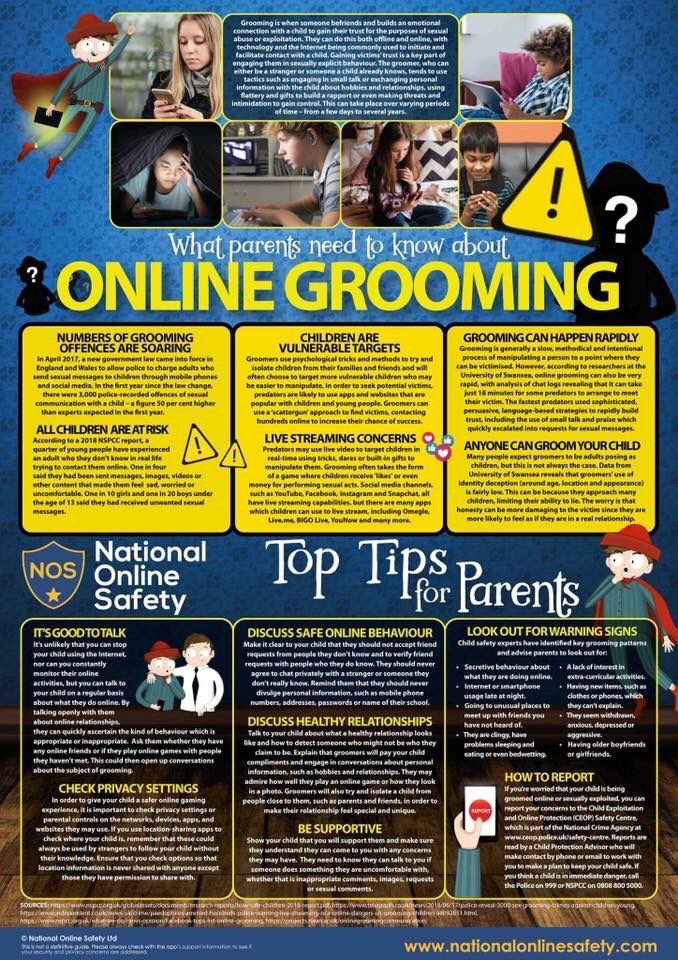
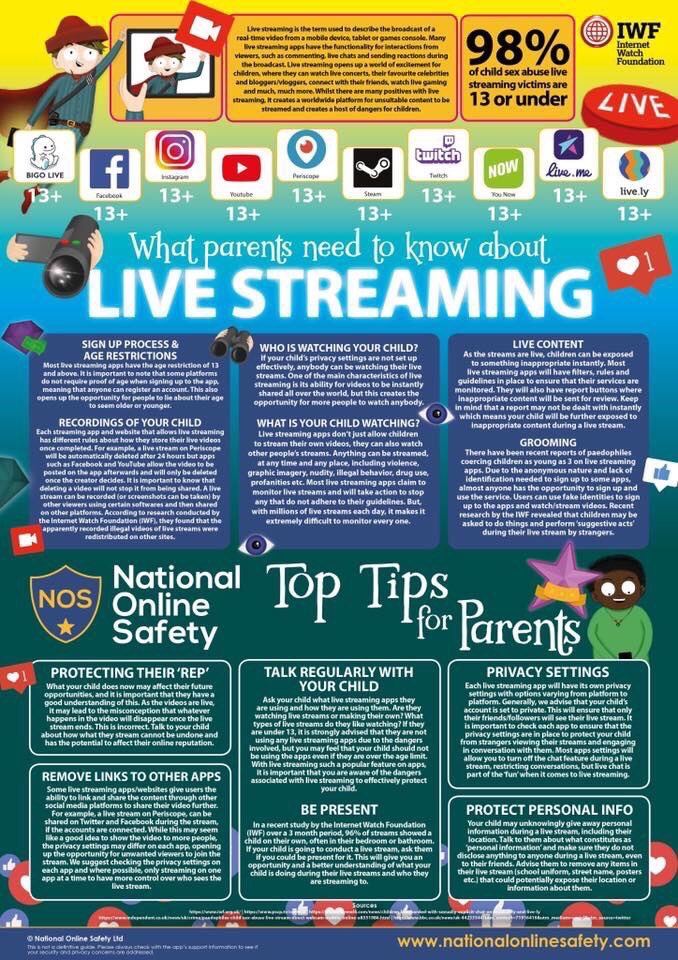
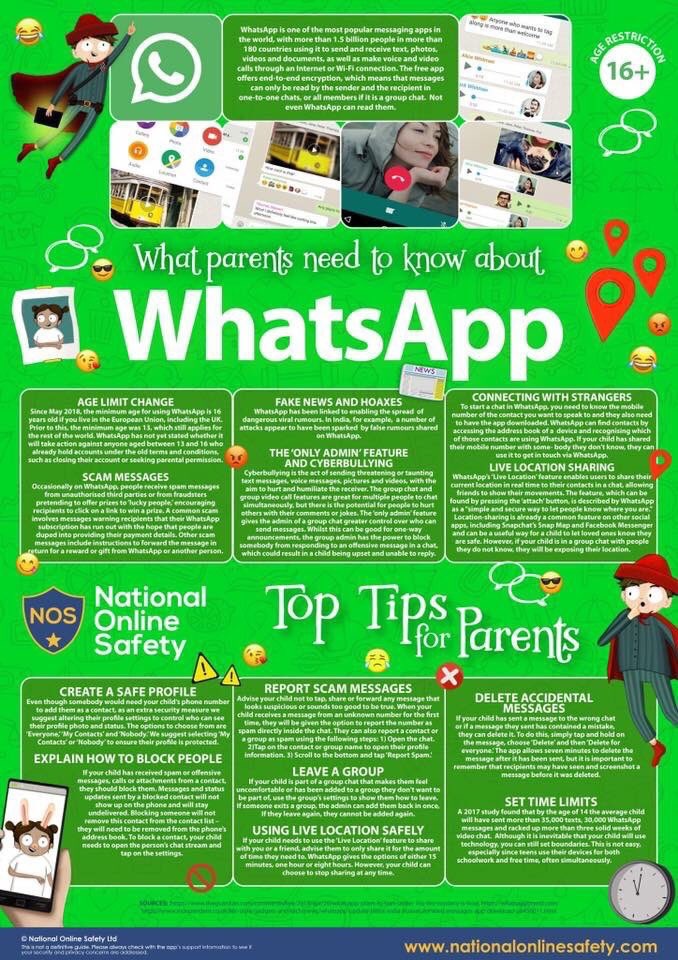
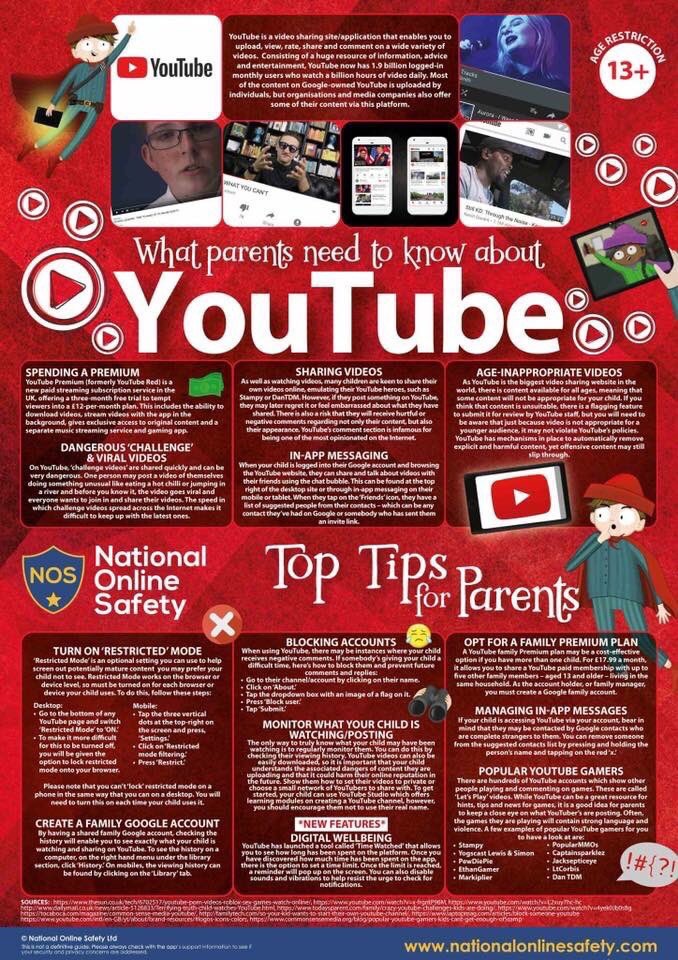
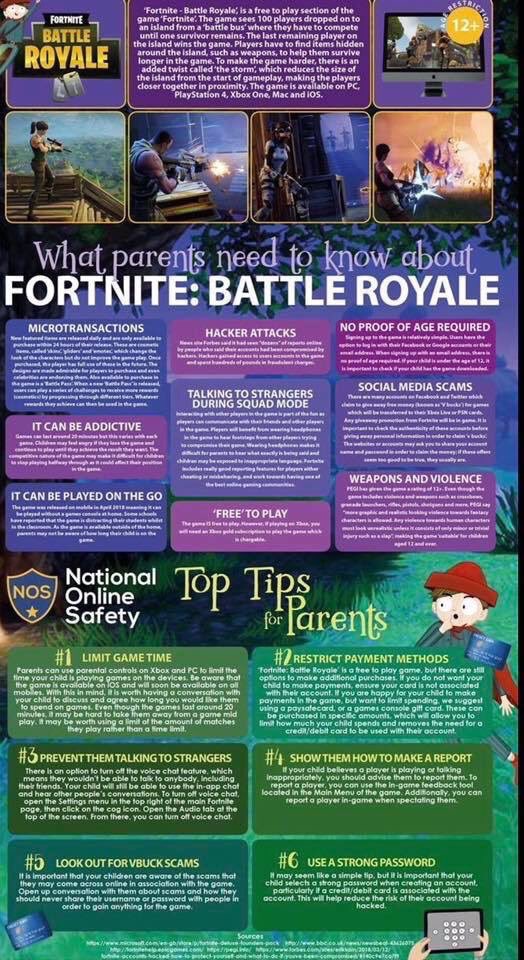
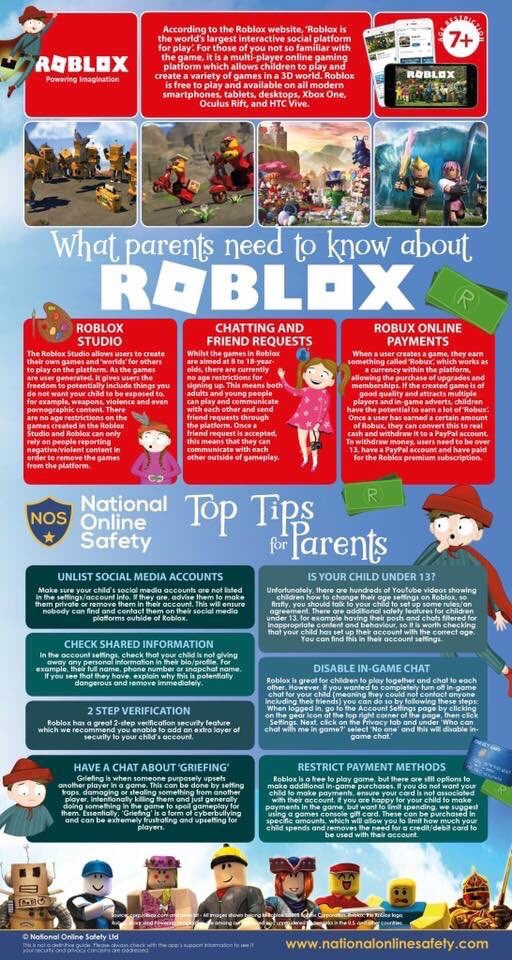
Childnet is a great website resource for parents and children on online safety. Click here to watch an interactive video on how to keep your child safer online.
Internet Matters is another great site to use – it has advice on cyberbullying, how to talk to your children about internet safety and quick guides to different types of social media such as Instagram and Snapchat. You can visit their pages here Internet Matters.
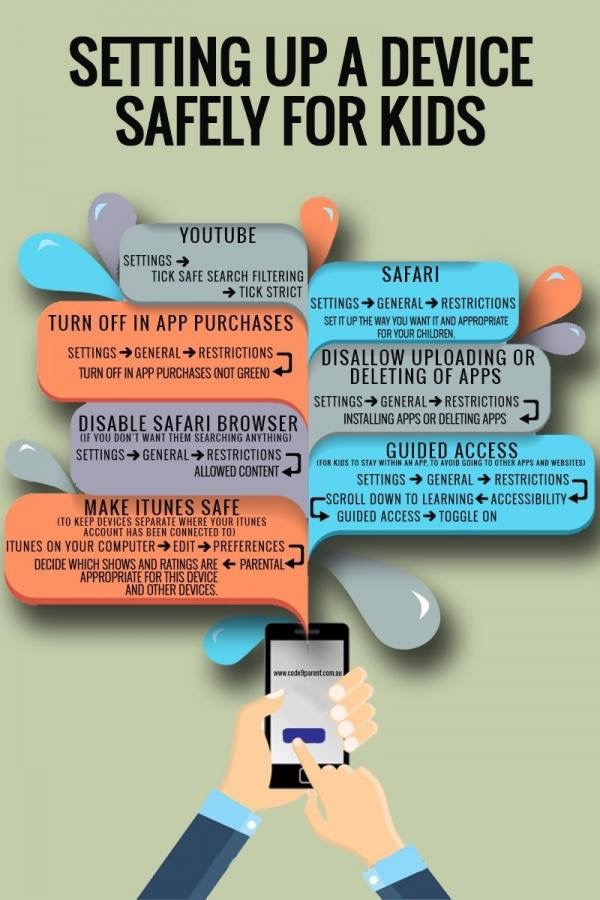
Internet Safety Resources
There is a great new online safety tool designed for parents launched by the Department for Education called Parent Info. It’s has advice on everything from keeping children safe from online trolls to WhatsApp – a guide for parents.
Here are quick links to a range of Internet safety sites that you may find useful too…
At School
As part of your child’s curriculum and the development of computer skills, we provide access to the internet only in teacher supervised lessons. We strongly believe that the use of the web is hugely worthwhile and an essential tool for children as they grow up in the modern world. But because there are always concerns about children having access to undesirable materials, we have taken positive steps to deal with this risk in school. Our school internet access provider operates a filtering system that restricts access to inappropriate materials.
At the start of the school year, each class discusses how we can all stay safe online and the dangers we may face on the internet. This is then reinforced throughout the year through assemblies and ICT / PHSE lessons as well as events such as Safer Internet Day.
We then ask every child signs an ‘Acceptable Use Agreement’ , in conjunction with their parents, so that we know they have read and understood our school’s policy on staying safe.
